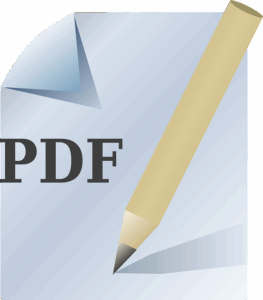Navigating Legal Translations: Accurate Medical Record Translation Services in the UK
The section highlights the critical importance of specialized Medical Record Translation UK services for accurate and confidential handling of medical records within legal settings. In the UK's diverse society where multiple languages are spoke…….

The section highlights the critical importance of specialized Medical Record Translation UK services for accurate and confidential handling of medical records within legal settings. In the UK's diverse society where multiple languages are spoken, precision and cultural sensitivity are key to preserving context relevance in legal translations. Expert translators with qualifications from bodies like ITI or CIOL are necessary to ensure that translations are both linguistically consistent and legally accurate. These professionals use advanced translation memory software to support quality assurance and consistency, particularly when dealing with complex medical terminology. The stakes are high; incorrect translations can significantly impact legal outcomes, patient care, and the integrity of healthcare records. Therefore, it is imperative to engage a translation service that specializes in this niche and upholds the highest industry standards such as ISO 17100 for compliance with data protection laws like UK GDPR, ensuring that translations are both reliable and legally admissible.
navaling the complexities of legal proceedings, the accurate translation of medical records emerges as a critical component within the UK’s multilingual society. This article delves into the essential aspects of securing reliable medical record translations that comply with UK legal standards. From navigating the stringent requirements to identifying cost-effective solutions that uphold accuracy and confidentiality, readers will gain insightful guidance on selecting professional translation services tailored to the nuances of legal medical documentation. “Medical Record Translation UK” stands as a testament to the intersection of healthcare and law, where precise language translation is paramount for just outcomes.
- Understanding the Necessity of Medical Record Translation in the UK for Legal Purposes
- Overview of Legal Requirements for Medical Record Translations in the UK
- The Importance of Accuracy and Confidentiality in Medical Record Translations
- Identifying Reliable Medical Record Translation Services in the UK
- Cost-Effective Solutions for Medical Record Translation Without Compromising Quality
- Navigating Language Barriers: The Role of Professional Translators in Legal Settings
- Best Practices for Translating and Interpreting Medical Records for Legal Use
- Case Studies: How Accurate Translations of Medical Records Have Impacted Legal Outcomes in the UK
- Choosing the Right Translation Partner for Medical Records in Legal Contexts
Understanding the Necessity of Medical Record Translation in the UK for Legal Purposes

In the United Kingdom, the exchange of medical records for legal purposes often necessitates precise and reliable translation services due to the diverse linguistic landscape. Medical Record Translation UK plays a critical role in ensuring that healthcare providers, legal professionals, and patients can communicate effectively across language barriers. The accuracy of these translations is paramount, as they may be used to support litigation, comply with regulatory requirements, or facilitate patient care when individuals from non-English speaking backgrounds are involved. The translation process must not only convey the literal meaning but also maintain the original context and nuances of medical terminology, which can be complex and highly specialized. This is essential for legal documents where precision is key to avoiding misinterpretation and ensuring that all parties have a clear understanding of the medical information presented.
The demand for Medical Record Translation UK services has grown significantly in recent years, reflecting the increasing mobility of individuals within and across borders, as well as the UK’s commitment to providing equitable healthcare services to all residents. Legal professionals and healthcare institutions must partner with translation experts who specialize in both medical and legal language to bridge this gap effectively. These translators are not just linguists but also subject matter experts who understand the sensitivity and gravity of the information they handle, ensuring that every word is accurately translated and that every document meets the stringent standards required by both the healthcare and legal sectors. The reliability and precision of Medical Record Translation UK services are indispensable for upholding justice, maintaining patient confidentiality, and promoting fair treatment under the law.
Overview of Legal Requirements for Medical Record Translations in the UK
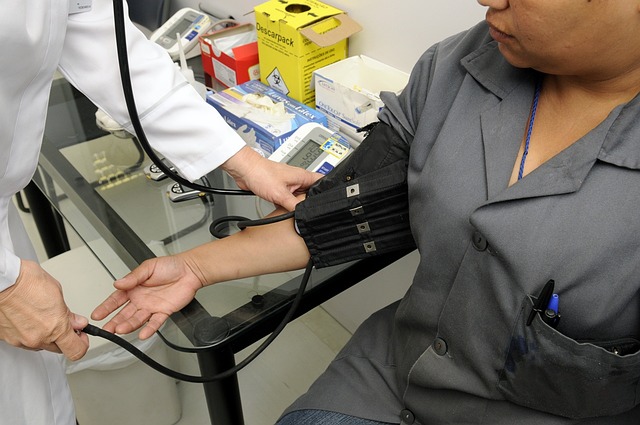
In the United Kingdom, the legal requirements for translating medical records are stringent and necessitate a high degree of accuracy to ensure patient safety and legal compliance. Medical Record Translation UK services must adhere to the Data Protection Act 2018 and the General Data Protection Regulation (GDPR), which govern the handling of personal data, including sensitive health information. The translator must be proficient in both the source and target languages to convey the nuances of medical terminology accurately. Additionally, professional translators specialising in Medical Record Translation UK are often required to possess specific qualifications, such as certification from the Institute of Translation and Interpreting (ITI) or the Association of Translation Companies (ATC), to ensure that their translations meet the legal standards expected within the healthcare sector. This is crucial because inaccurate translations could lead to miscommunication, potential harm to patients, and breaches of confidentiality and privacy laws. Furthermore, translators must be aware of the various dialects within a language as the meaning of medical terms can vary between different regions and communities within the UK, thus requiring a deep understanding of context and language variants. This attention to detail is essential for Medical Record Translation UK services to function effectively and comply with legal obligations.
The Importance of Accuracy and Confidentiality in Medical Record Translations

In the UK, the translation of medical records for legal purposes demands unwavering precision and strict adherence to confidentiality protocols. Medical Record Translation UK services are pivotal in scenarios where patient care extends across linguistic boundaries, or when legal proceedings necessitate the accurate interpretation of a patient’s medical history. The importance of accuracy in such translations cannot be overstated; a misinterpreted diagnosis or treatment history could lead to critical misjudgments in care or legal decisions. Translation errors may not only compromise patient safety but also have significant repercussions in the context of litigation, potentially undermining the legitimacy of legal outcomes.
To safeguard against such risks, Medical Record Translation UK providers must employ professional translators with expertise in both medical terminology and the legal implications of record handling. These specialists undergo rigorous training to ensure that they not only grasp the nuances of language but also understand the sensitivity of patient data. Confidentiality is paramount, as translated records often contain highly personal and confidential information. Translation agencies adhere to stringent data protection measures in compliance with the UK’s General Data Protection Regulation (GDPR) and other relevant legal frameworks, guaranteeing that sensitive medical information remains secure throughout the translation process. This commitment to accuracy and confidentiality underpins the integrity of Medical Record Translation UK services, making them indispensable for the multicultural healthcare landscape and the legal system in the UK.
Identifying Reliable Medical Record Translation Services in the UK
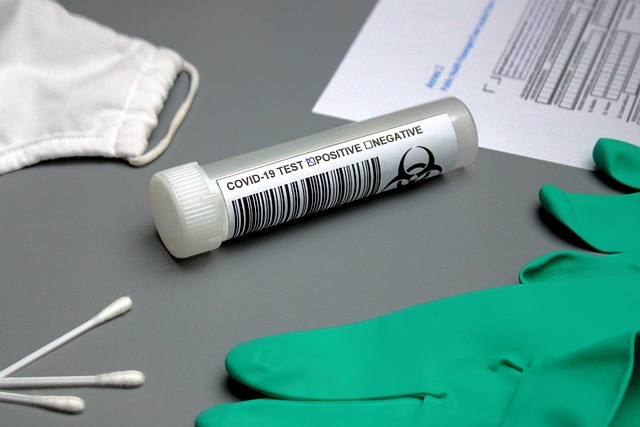
In the UK, the accuracy and reliability of medical record translations are paramount, especially when they are required for legal purposes. With the diverse linguistic landscape of the country, the need for professional translation services that specialise in Medical Record Translation UK is growing. When selecting a service provider, it is crucial to consider their expertise, accreditation, and proficiency in handling sensitive health information. The chosen translators should not only be native speakers with a comprehensive understanding of medical terminology but also possess the necessary legal knowledge to ensure compliance with regulations such as the General Data Protection Regulation (GDPR). It is advisable to opt for services that offer certification and have a proven track record of working with legal entities, ensuring the translated records stand up to scrutiny. Additionally, these services should employ translators who are members of professional bodies, reflecting their commitment to maintaining high standards and ethical practices in Medical Record Translation UK. By doing so, legal professionals and healthcare providers can be confident that the translated medical records accurately convey the original content, facilitating effective communication and decision-making across different linguistic barriers within the UK’s multicultural society.
Cost-Effective Solutions for Medical Record Translation Without Compromising Quality

navigating the nuances of medical record translation for legal purposes requires a delicate balance between cost efficiency and the precision of language. In the UK, where patient care and legal compliance are paramount, the demand for accurate translations of medical records is increasing. To address this need without compromising on quality, innovative solutions have emerged. These include the use of advanced translation technologies combined with expert human oversight. Such cost-effective approaches enable healthcare providers and legal entities to ensure that patient information is accurately conveyed across languages, adhering to both regulatory standards and ethical obligations. By leveraging specialized medical record translation services in the UK, organizations can access a team of professional translators who are not only adept at handling sensitive data but also well-versed in the specific terminologies relevant to healthcare and law. This dual expertise ensures that every nuance is captured with accuracy, from medication names and dosages to legal jargon and the context of patient consent. The result is a translation that stands up to scrutiny, safeguarding both the rights of patients and the integrity of institutions handling their care and records.
Navigating Language Barriers: The Role of Professional Translators in Legal Settings
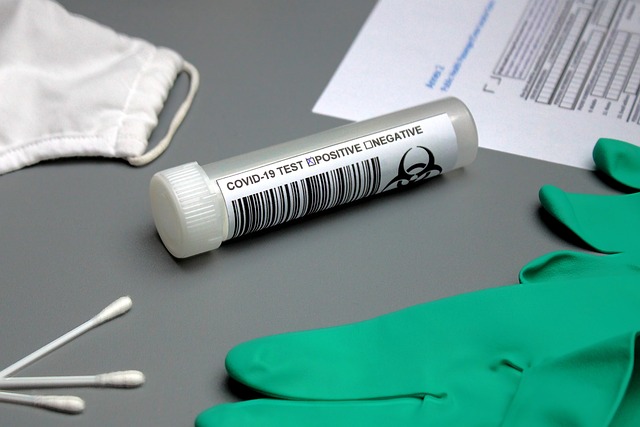
navigating language barriers presents significant challenges within legal settings, particularly in the context of medical record translation. In the UK, where a diverse population speaks a multitude of languages, professional translators play an indispensable role in ensuring clarity and accuracy in legal proceedings that involve medical records. The precision required in translating medical terminology is critical, as any misinterpretation could have severe implications for patient care and legal outcomes. Medical Record Translation UK services are adept at handling sensitive health information, adhering to strict confidentiality protocols while facilitating communication between healthcare providers and patients, as well as among legal professionals. These translators are not only proficient in multiple languages but also possess specialized knowledge in both the medical and legal fields. Their expertise is instrumental in overcoming language barriers, thus upholding justice and safeguarding patient rights across the UK’s jurisdictions. The demand for such specialised translation services underscores the importance of reliability and professionalism in this niche sector.
Best Practices for Translating and Interpreting Medical Records for Legal Use
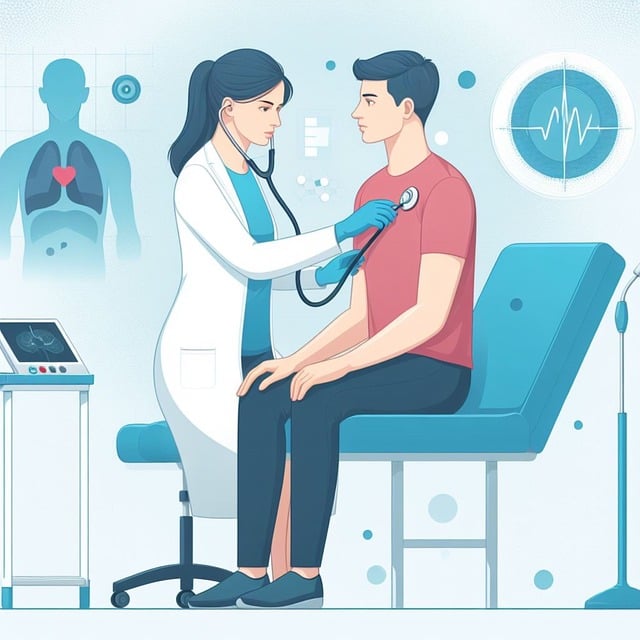
When translating medical records for legal purposes within the UK, adherence to best practices is paramount to maintain accuracy and compliance with regulations. The process of Medical Record Translation UK involves not just a linguistic exchange but also a cultural adaptation to ensure that the context is preserved for legal proceedings. Professionals specializing in this field should be well-versed in both medical terminology and the legal jargon specific to the UK’s judicial system. They must work within a framework that guarantees confidentiality and data protection, such as the UK General Data Protection Regulation (UK GDPR), ensuring that sensitive patient information is handled with utmost care.
Moreover, translators must employ translation memory software to ensure consistency in terminology across different sections of the medical record. This software not only speeds up the translation process but also creates a database of previously translated terms and phrases, which can be particularly useful when dealing with recurring medical jargon. The use of such technology facilitates quality checks and peer reviews, which are critical for maintaining high standards in translations that will stand up in court. Additionally, it is imperative to engage translators who have industry-specific qualifications, such as certification from the Institute of Translation and Interpreting (ITI) or the Chartered Institute of Linguists (CIOL), to guarantee the expertise and credibility required for legal contexts.
Case Studies: How Accurate Translations of Medical Records Have Impacted Legal Outcomes in the UK

In the UK, the precise translation of medical records for legal purposes has proven to be a critical element in shaping legal outcomes. A case study involving a complex medical malpractice lawsuit underscores the importance of reliable medical record translation. The plaintiff, whose first language was not English, relied on translations provided by the healthcare facility’s staff for her understanding of treatment options and diagnoses. However, when the case went to trial, it became evident that these translations were fraught with errors, leading to a fundamental misunderstanding of her condition and the recommended procedures. The defence argued their case based on the incorrect information, which hinged on the misinterpretation of medical jargon due to translation inaccuracies. Thankfully, a specialized legal medical record translation service was engaged by the plaintiff’s counsel to provide an accurate translation of her full medical history. This subsequent translation revealed critical details that ultimately led to a favorable settlement for the plaintiff.
Another instance involved a refugee claiming asylum in the UK, citing medical evidence of persecution. The original translations of the medical records were used by the Home Office to deny the claim on the grounds that the medical conditions described did not meet the threshold for asylum based on medical needs. However, an independent review of the medical records by a professional translation service specializing in legal and medical documentation resulted in a more accurate account of the individual’s medical history. This precise translation highlighted the extent of the persecution, leading to a reconsideration of the asylum claim and a subsequent grant of asylum status for the individual. These cases illustrate the profound impact that accurate translations of medical records can have on legal outcomes in the UK, underscoring the necessity for specialized translation services in such sensitive contexts. Medical Record Translation UK providers must navigate the complex interplay between legal terminology and cultural nuances to ensure the integrity and clarity of information across languages.
Choosing the Right Translation Partner for Medical Records in Legal Contexts

When entrusting the translation of medical records for legal purposes, it is imperative to select a translation partner with specialized expertise and a proven track record in this niche field. The accuracy of translation in such contexts cannot be overstated; errors can lead to significant complications in legal proceedings or patient care. In the UK, where the legal system and medical terminology are specific to the region, the right translation service will offer translators who are not only proficient in multiple languages but also well-versed in medical terminology and legal jargon pertinent to the UK’s framework. These experts ensure that the nuances of both the source and target languages are accurately conveyed, maintaining the integrity of the information within a legal setting. When searching for ‘Medical Record Translation UK’, it is crucial to consider translation services that adhere to industry standards, such as the ISO 17100 for translation services, and have experience working with healthcare providers, law firms, and other entities that handle sensitive medical records in legal contexts. This guarantees that translations will be precise, compliant with data protection laws, and admissible in court. Choosing a translation partner that specializes in this intersection of medicine and law within the UK’s context will provide peace of mind and ensure that all parties involved can rely on the translated documents to accurately reflect the original records.
In concluding, the necessity of accurate and confidential medical record translations within legal contexts in the UK cannot be overstated. The multifaceted nature of this process demands a specialized approach that balances stringent legal requirements with cost-effectiveness, ensuring that every individual, regardless of language barriers, receives justice and appropriate healthcare services. Selecting a reputable medical record translation service provider in the UK—one adept at navigating the complexities of both legal and medical terminology—is paramount to safeguard the integrity of patient information and the outcomes of legal proceedings. It is through the combination of technological advancements, adherence to best practices, and a commitment to quality that such translations can be facilitated effectively and efficiently, underscoring the importance of professionalism and reliability in this critical field. Medical Record Translation UK services play a pivotal role in upholding legal fairness and patient care, a testament to the country’s dedication to inclusivity and precision in legal matters involving medical records.







